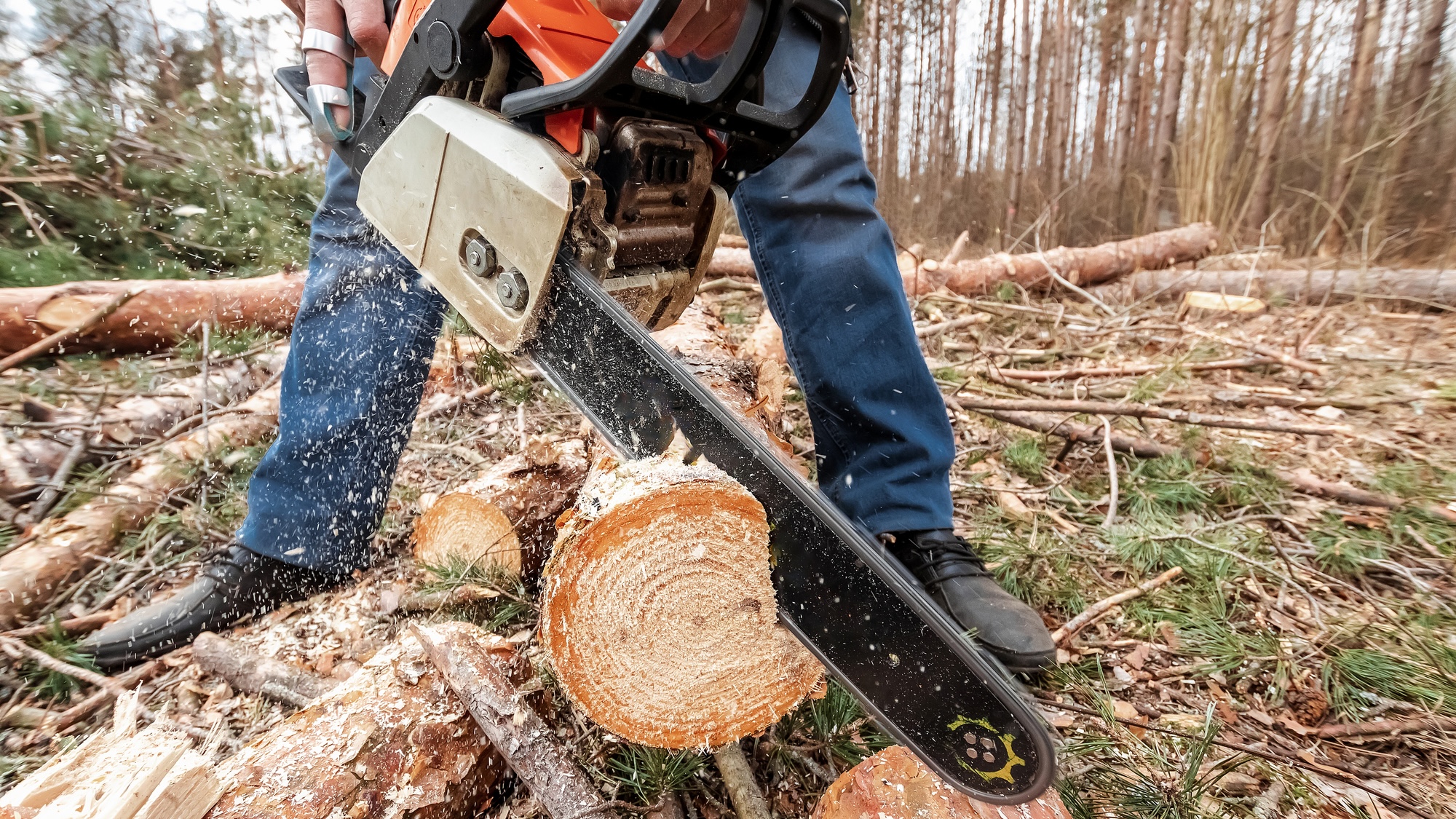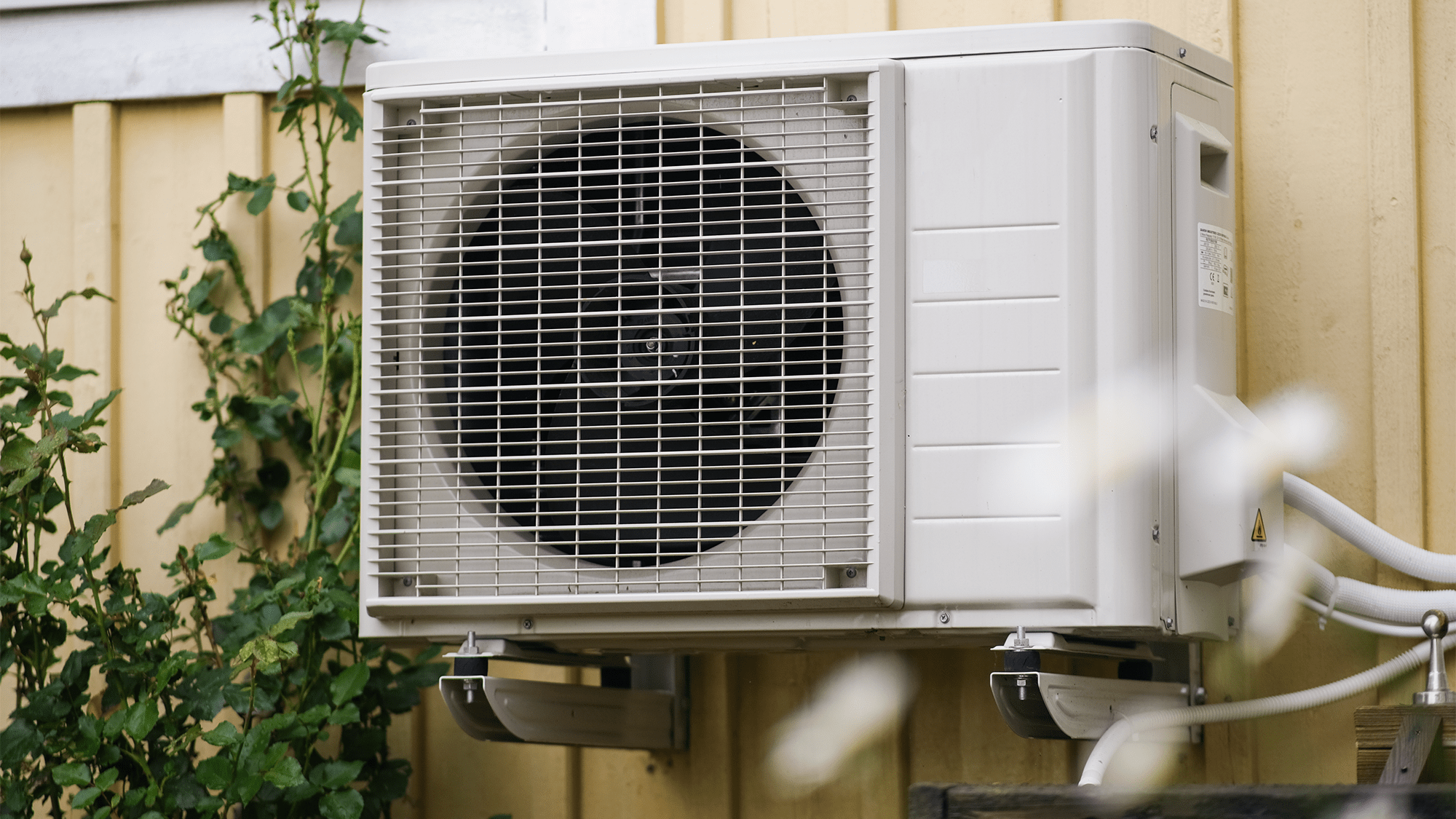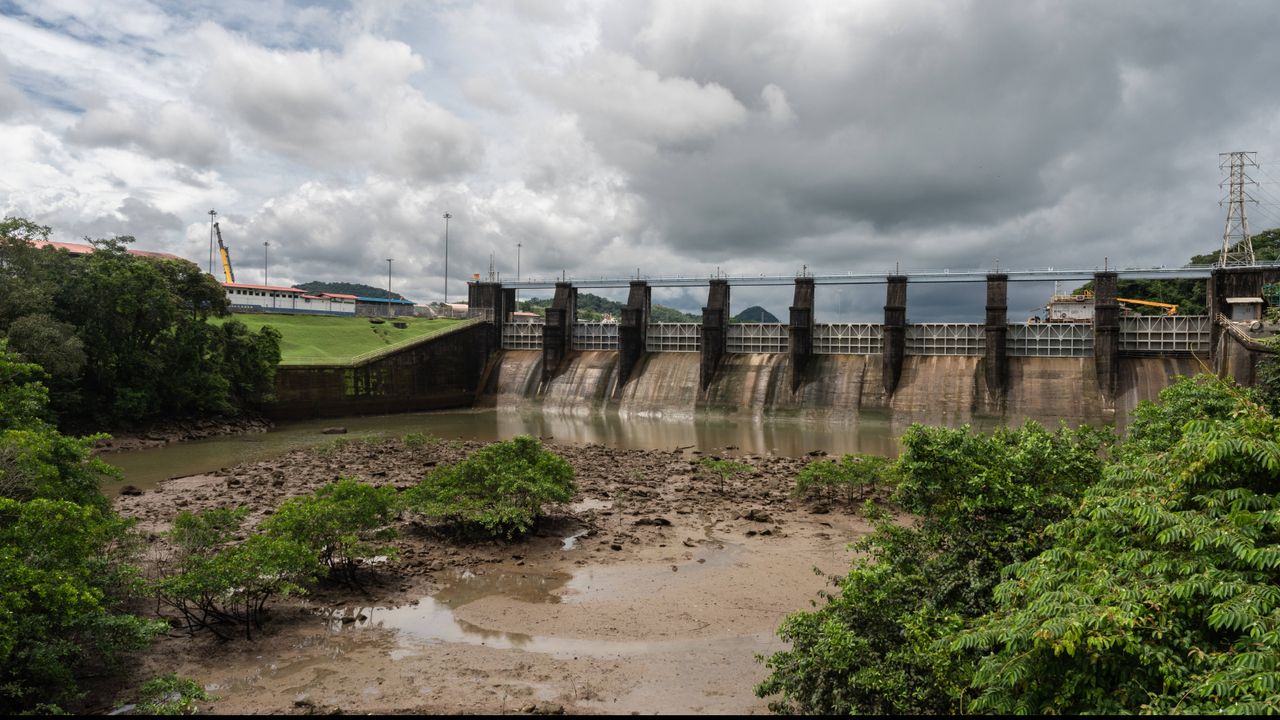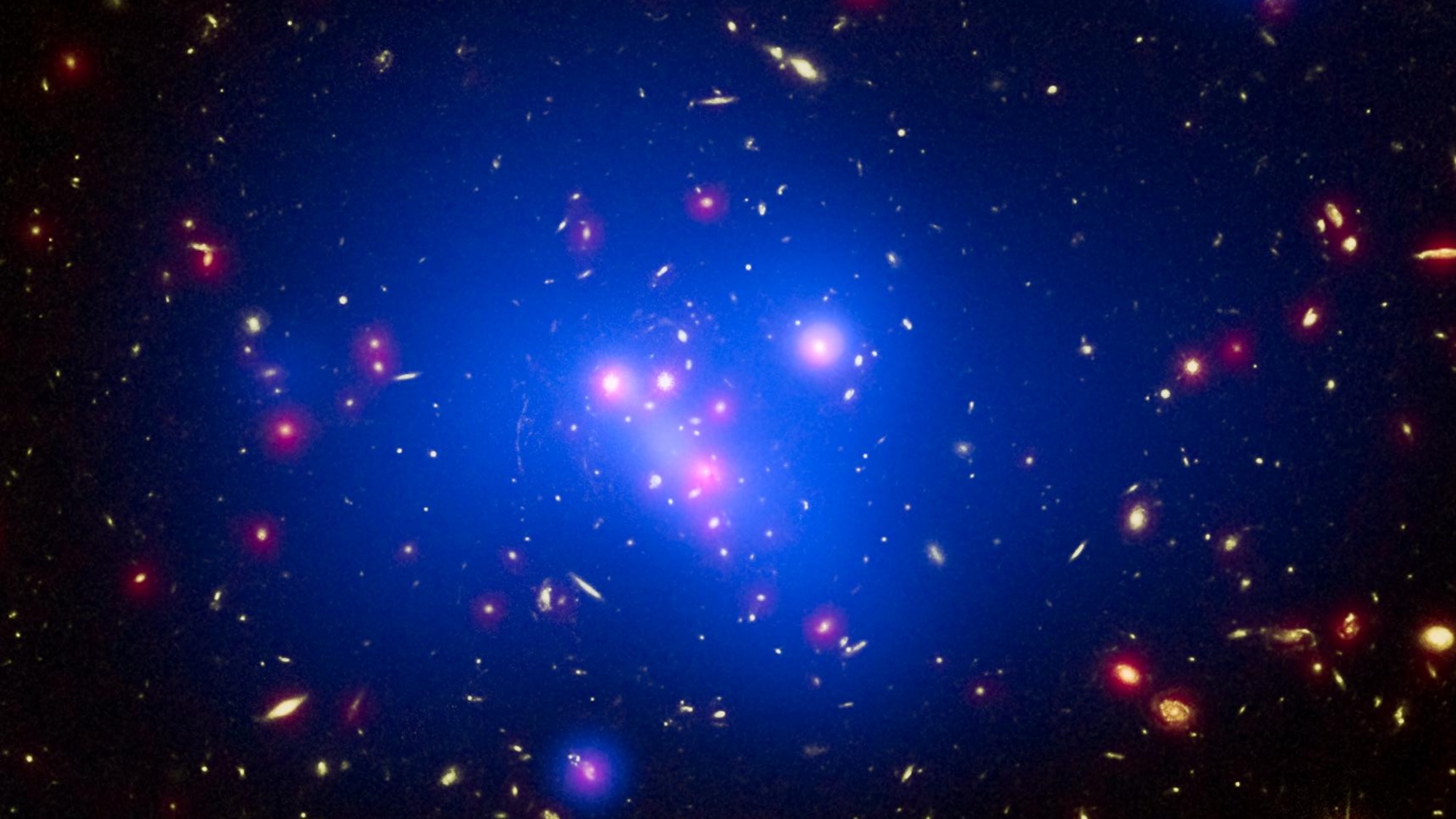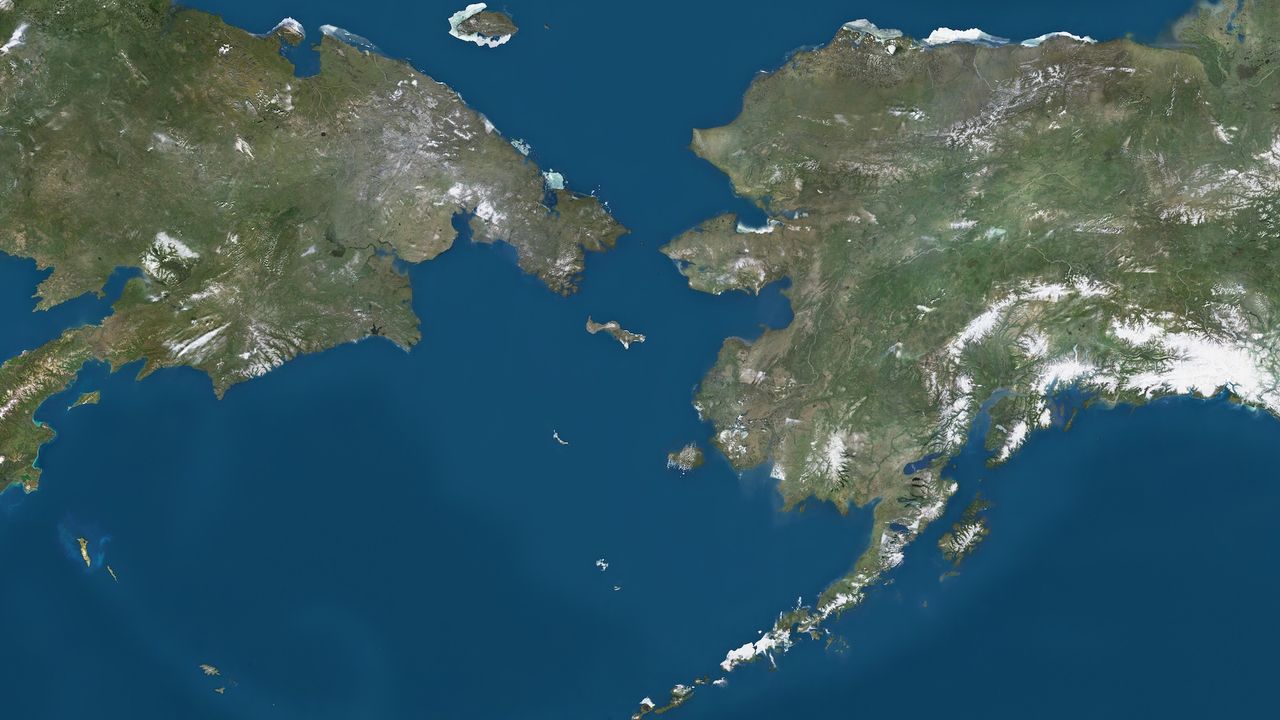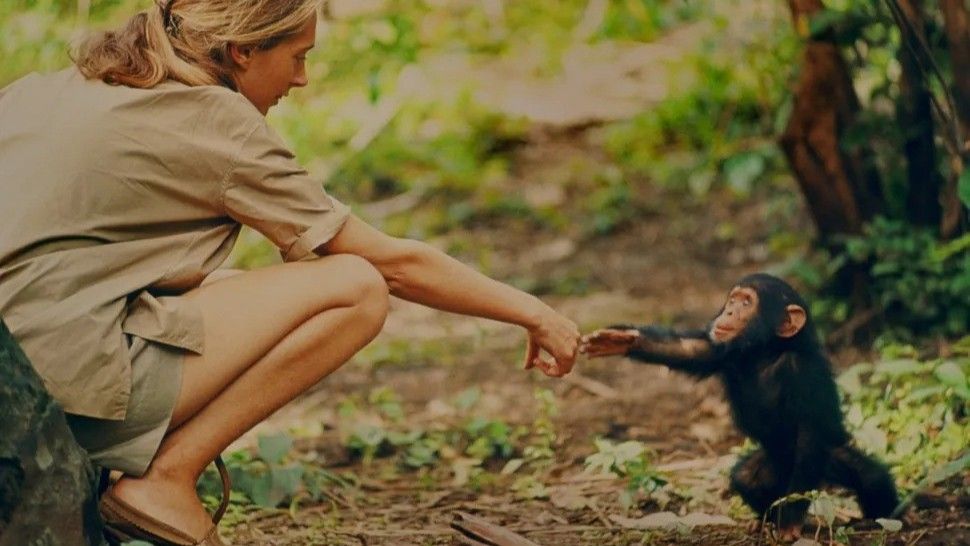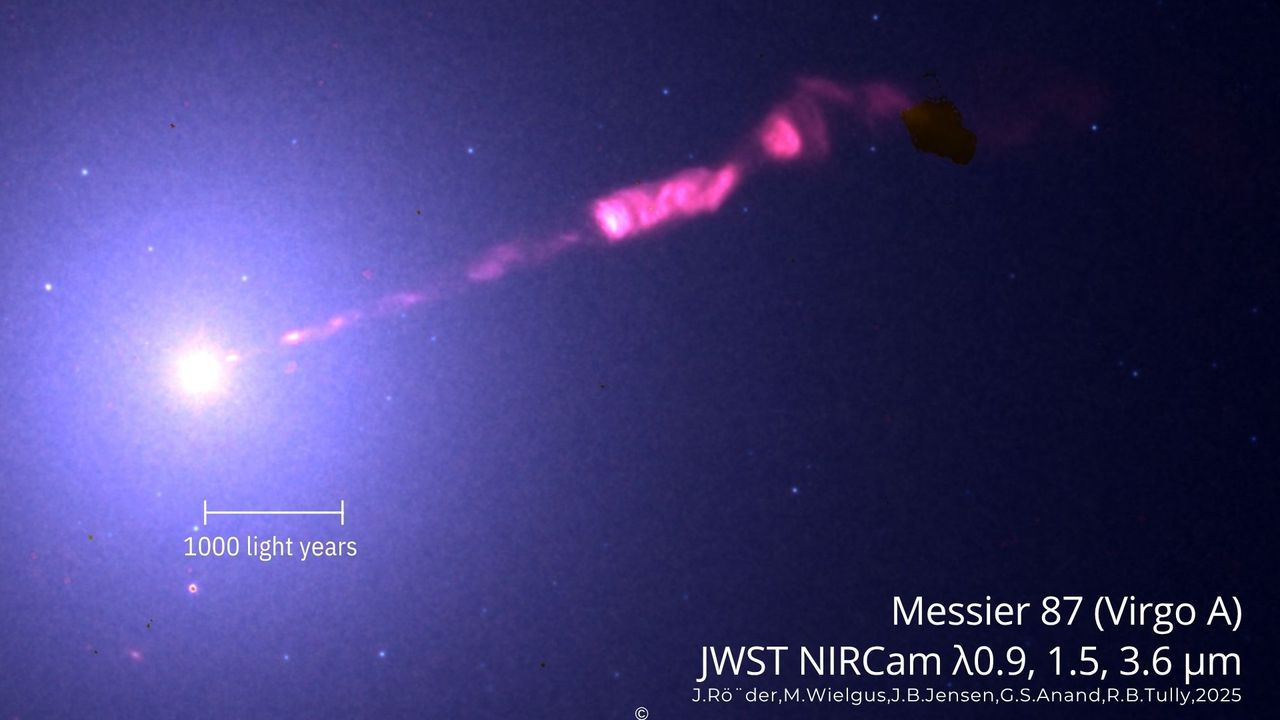Extreme fear of the dentist linked to childhood trauma
PositiveScience
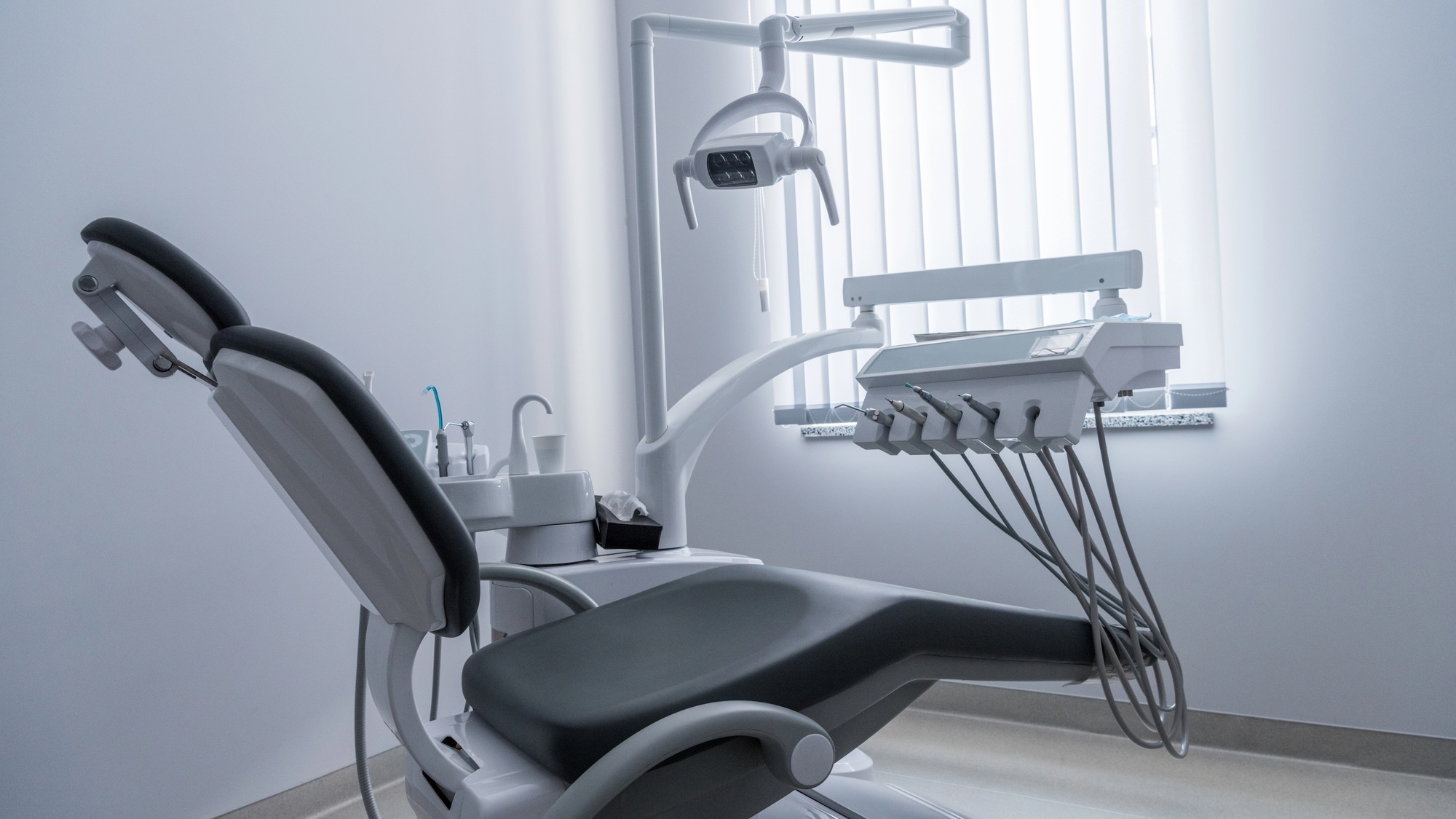
A recent study involving over 5,000 teens has revealed a significant link between childhood stress and dental anxiety. This finding is crucial as it sheds light on how early experiences can shape our fears later in life, particularly regarding dental visits. Understanding this connection can help parents and healthcare providers address these fears more effectively, leading to better dental health outcomes for young people.
— Curated by the World Pulse Now AI Editorial System



